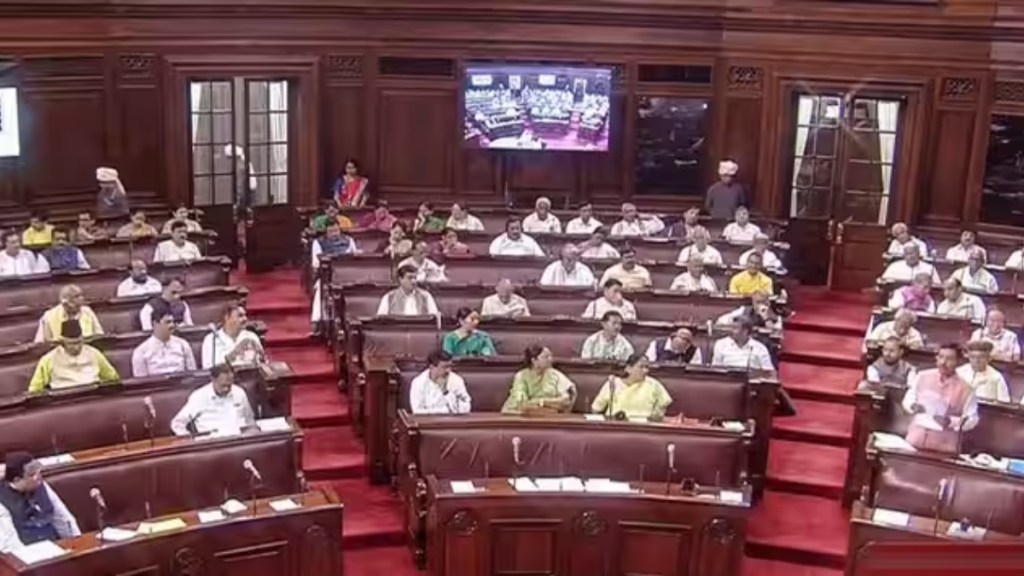The Rajya Sabha passed the Mines and Minerals (Development and Regulation) (MMDR) Amendment Bill on Wednesday, paving the way for the entry of private players in mining of critical and deep-seated minerals.
With both houses of the Parliament clearing the bill, it will now be sent for President’s assent. The government wants private players to mine critical minerals considered significant for economic development, national security, and energy transition.
The Bill amends the Mines and Minerals (Development and Regulation) Act, 1957, which regulates the mining sector. Pralhad Joshi, the Union minister of mines, said that India needs exploration of these minerals to become the third largest economy in the world.
He said that the reform was required as the country relies on imports of various precious and critical minerals including lithium and cobalt. It will bring more transparency and will be a game changer for the mining sector, he added.
In the statement of objects and reasons, the Bill warns that the lack of availability of the critical minerals or concentration of their extraction or processing in a few geographical locations may lead to supply chain vulnerabilities and even disruption of supplies.
“The future global economy will be underpinned by technologies that depend on minerals such as lithium, graphite, cobalt, titanium, and rare earth elements,” it said.
The exploration licence granted through auction will permit the licencee to undertake reconnaissance and prospecting operations for critical and deep-seated minerals mentioned in the newly proposed the seventh schedule to the Act.
The blocks explored by the exploration licence holder would be auctioned for mining lease within the prescribed timeline, which will fetch better revenue to the state governments. The exploration agency will be entitled to a share in the auction premium payable by the mining lease holder.
Six of the 12 atomic minerals, namely, beryl, lithium, niobium, titanium, tantallium and zirconium have been opened up for private mining. “These minerals have various applications in space industry, electronics, communications, energy sector, electric batteries and are critical for net zero emission… As a result, exploration and mining of these minerals is expected to increase significantly in the country,” the bill said.
Deep-seated minerals like gold, silver, copper, zinc, lead, nickel, cobalt, platinum group of minerals, and diamonds are difficult and expensive to explore and mine as compared to surfacial or bulk minerals.


